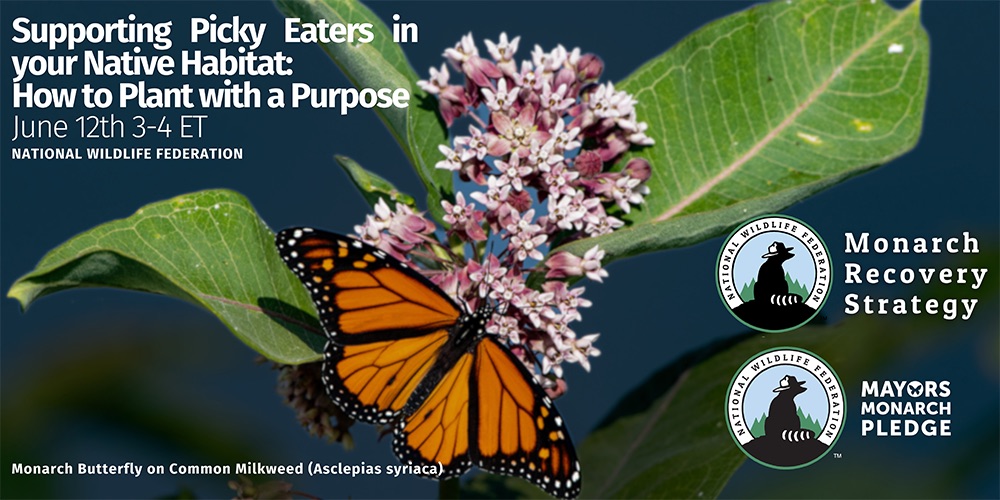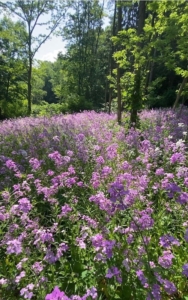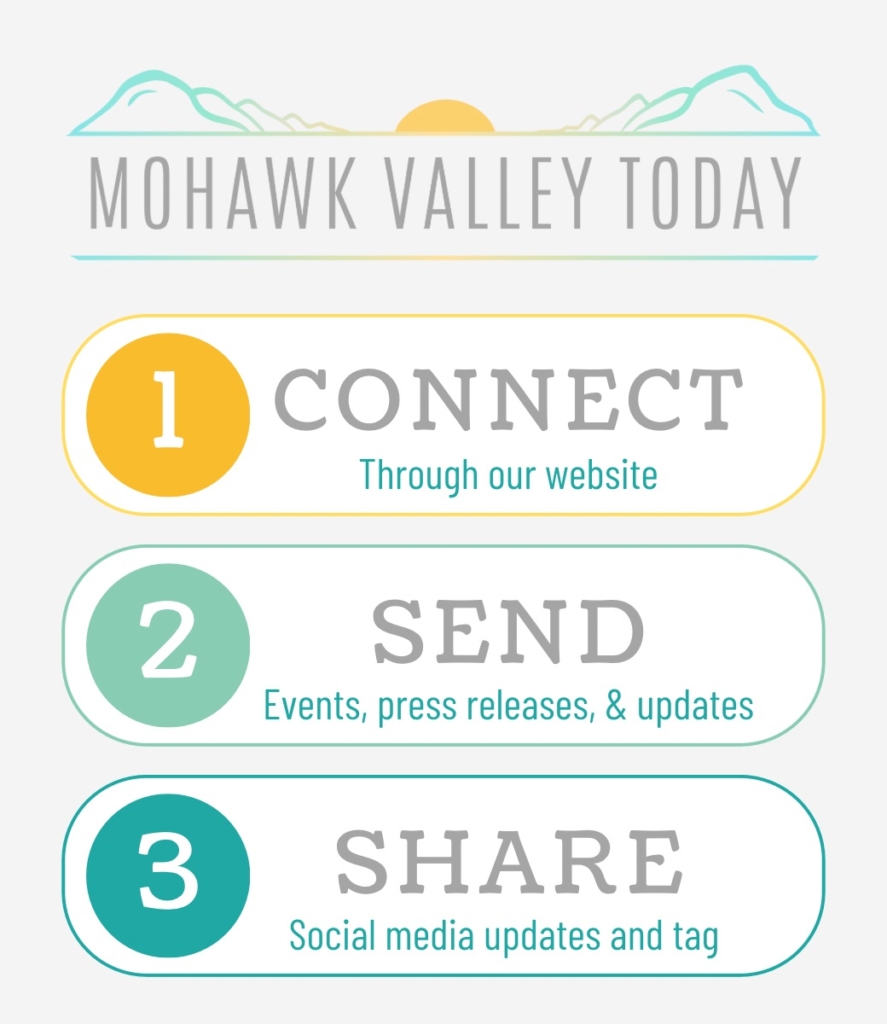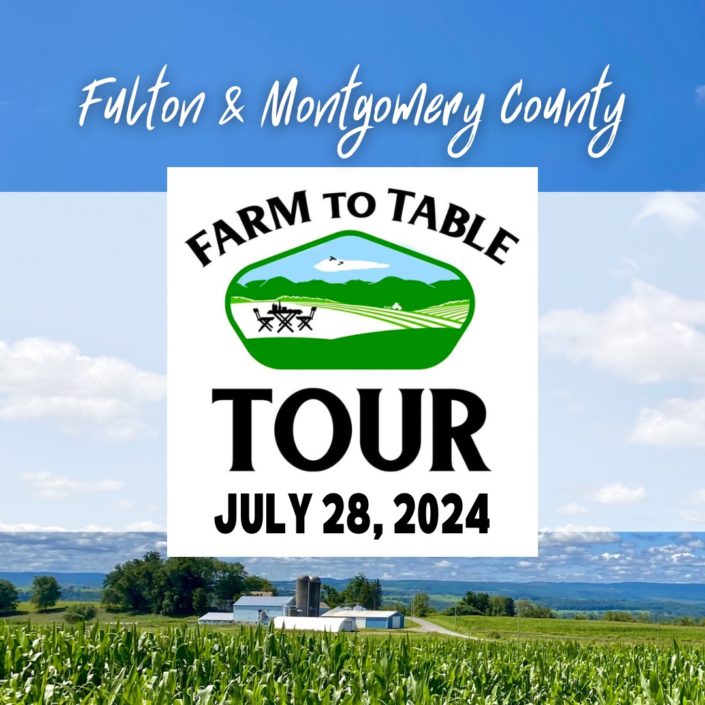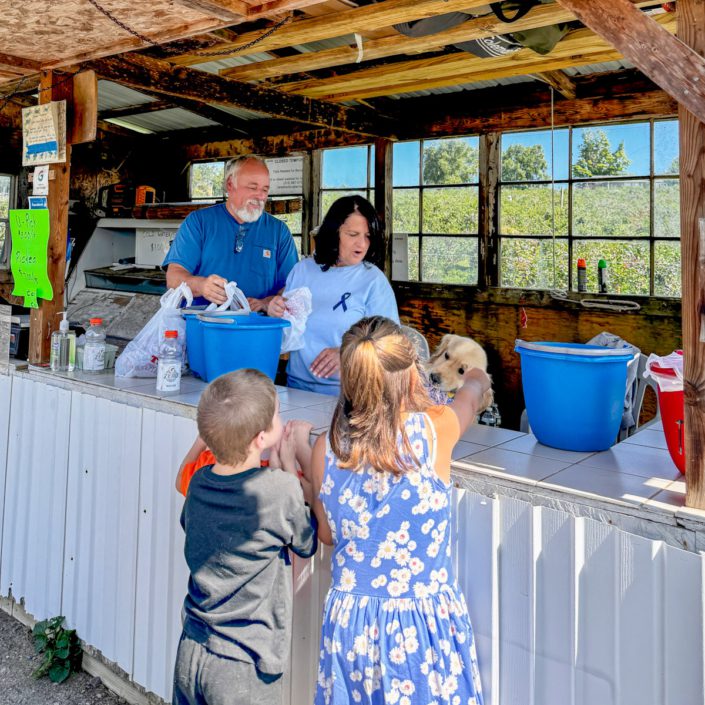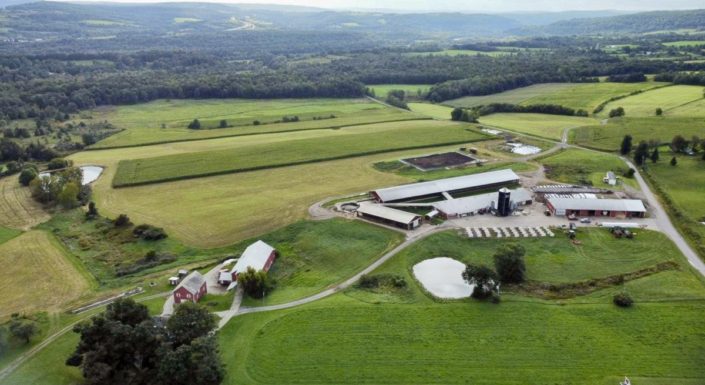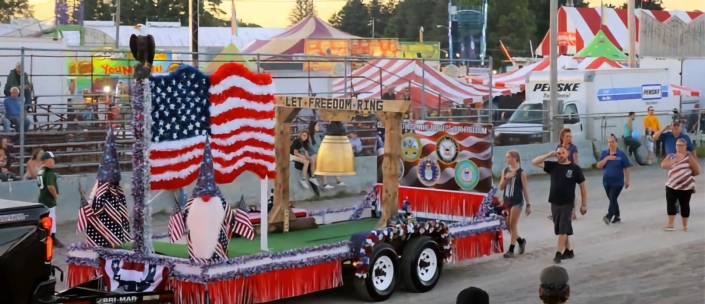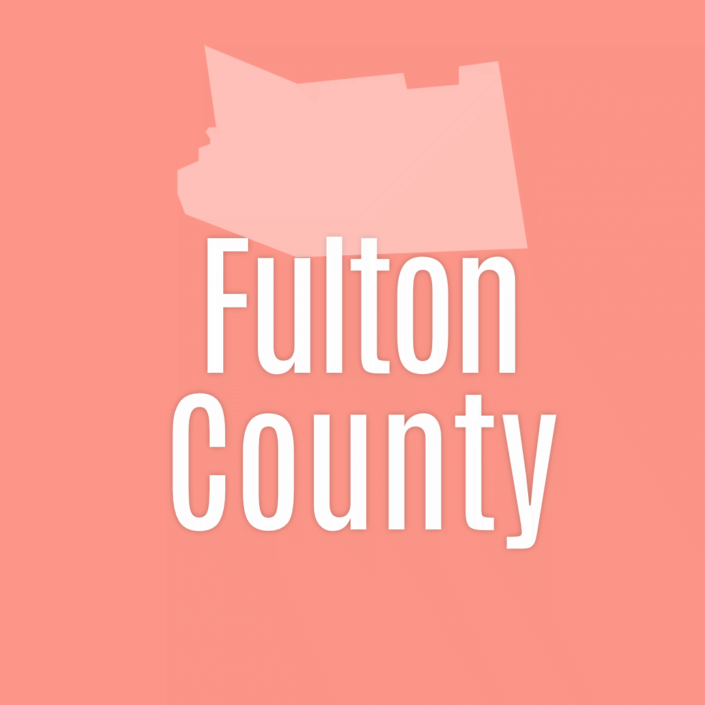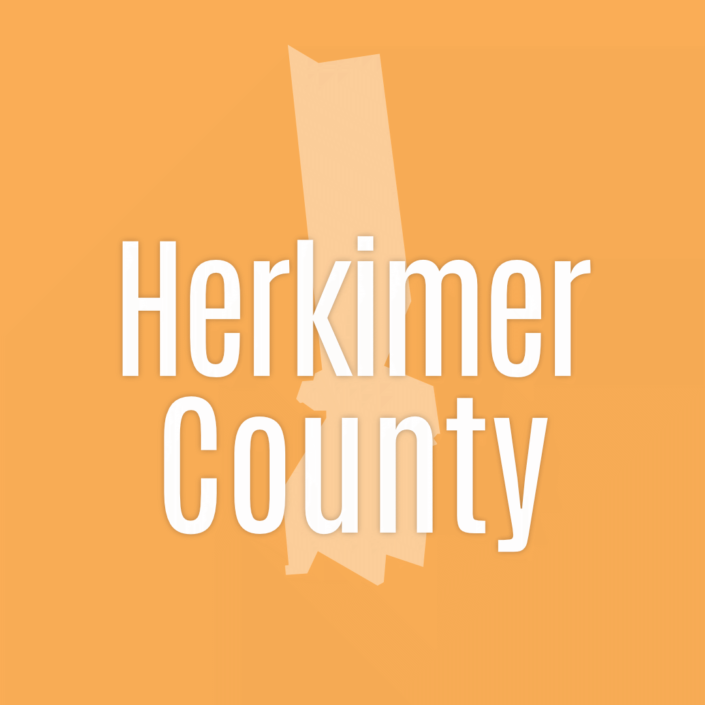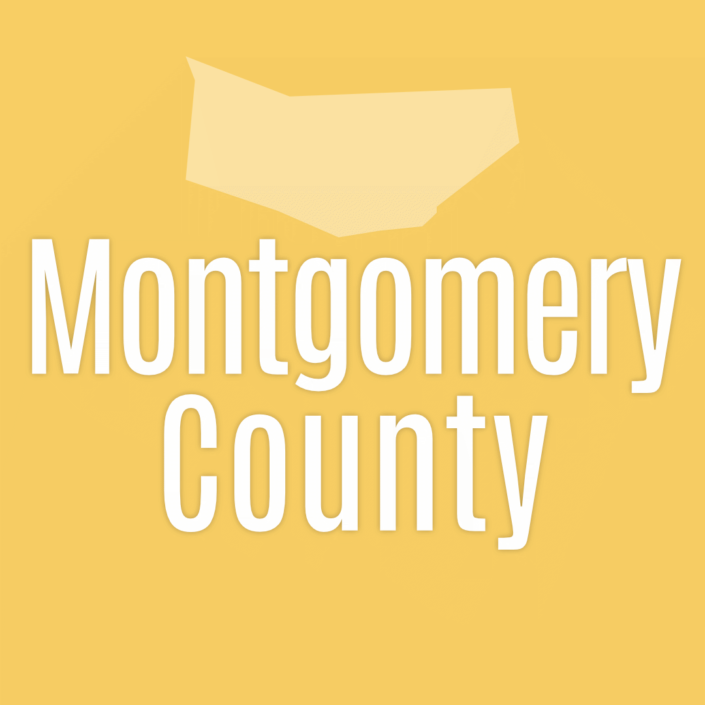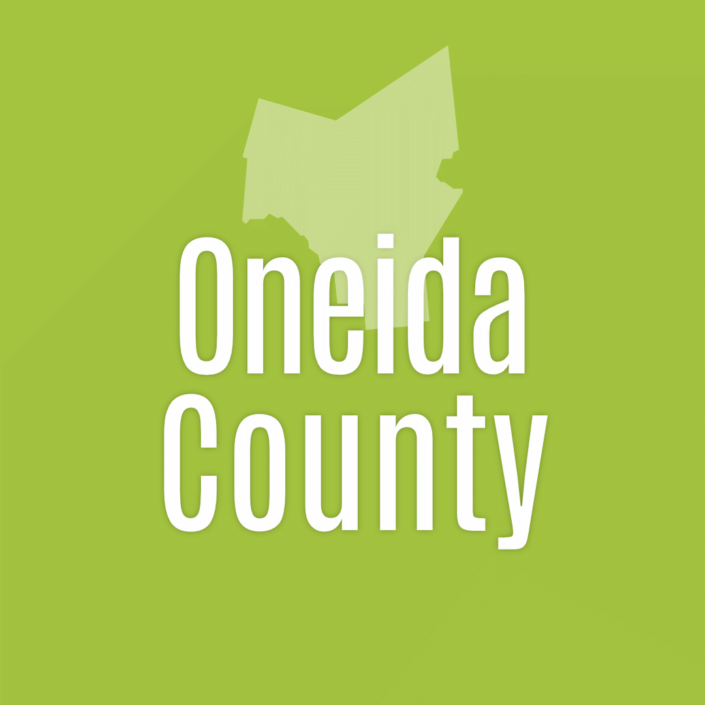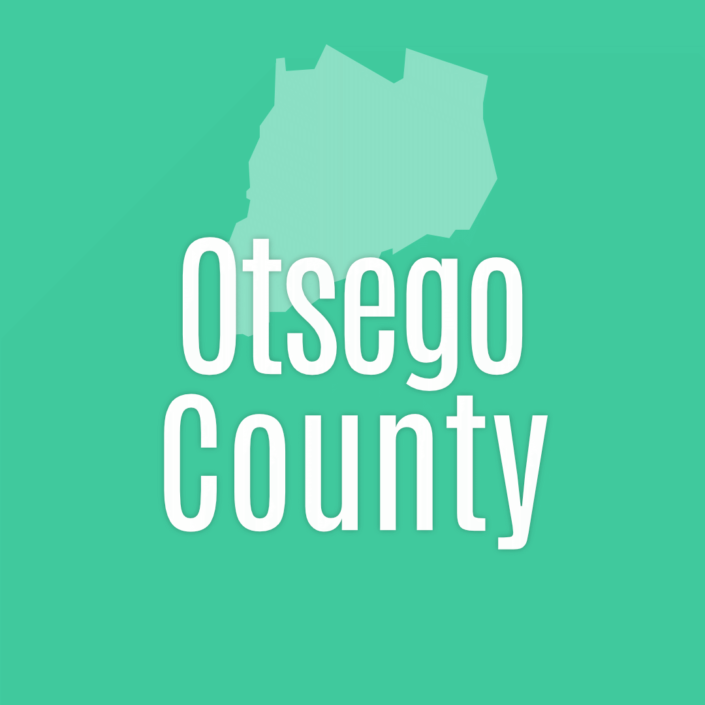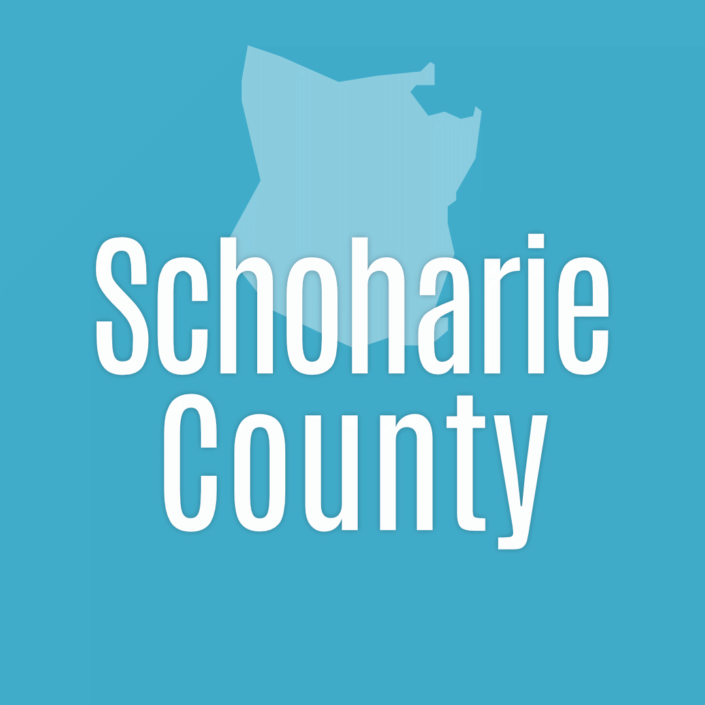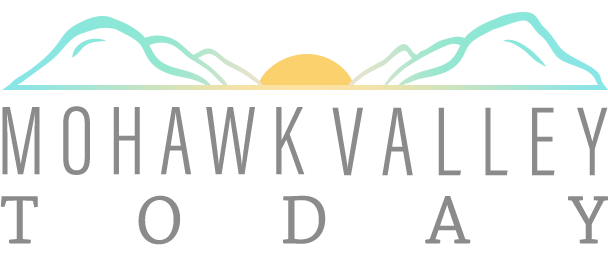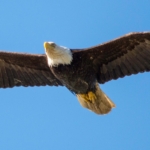June is National Pollinator Month
Everywhere we turn, it’s easy to see that Mohawk Valley gardeners are full steam ahead in prepping, planting and maintaining their home gardens. June being National Pollinator Month makes it a great time to share a few tips from the National Wildlife Federation that may help attract pollinators to their garden.
The National Wildlife Federation
The National Wildlife Federation has designated the month of June as National Pollinator Month and the week of June 19 through June 23 is Pollinator Week. During this time the federation invites us all to create a pollinator-friendly yard or garden by planting with purpose.
Why are pollinators important
According to an article posted to the Yates Cornell Cooperative Extension website,
Pollinators are central to everything we do. They pollinate the fruits and vegetables we eat, the plants we use for fiber, the flowers we love, and pollinators are intricately woven into the fabric of nature. Pollinator numbers have declined and their survival is threatened by climate change, habitat loss, disease, pollution and pesticide use. – Caroline Boutard-Hunt, Agricultural Educator
Common Mohawk Valley Pollinators
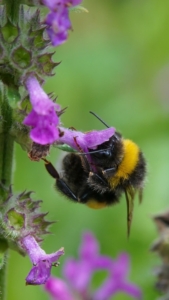 A pollinator is any animal or insect that visits flowering plants and transports pollen from the male part of one flower to the female part of another flower. There are many creatures that help transfer pollen when visiting flowers and some visit flowers so often that they have been designated as “pollinators.”
A pollinator is any animal or insect that visits flowering plants and transports pollen from the male part of one flower to the female part of another flower. There are many creatures that help transfer pollen when visiting flowers and some visit flowers so often that they have been designated as “pollinators.”
- Honey Bees – Most gardeners are familiar with the honeybee and the value they provide not only to the garden in helping to pollenate tomatoes, cucumbers and zucchini, but also on a large scale in the production of food across the globe.
- Bumble Bees – Are also quite common and they are typically larger and fuzzier then honey bees. These bees tend to be less aggressive and less likely to sting you. It is always a good idea to just let the bees do their thing to avoid stings from any bee in the garden.
- Hummingbirds – Like bees, hummingbirds eat nectar, and as they feed on nectar they pick up pollen on their feathers, and it will rub off on the next flower they feed on. Hummingbirds are always fascinating to watch–and aside from how fast their wings move, they are also the only bird that can fly backwards!
- Bats – I had not thought of this one, but bats also make great pollinators in the garden. Just like the bees, certain types of bats prefer to have nectar as part of their diet. These bats will push their way into the flower to eat the nectar and will get pollen on their fur which will be transported to the next flower they visit.
- Butterflies – It’s always a delight to see butterflies in the garden. Every butterfly species is a pollinator. Fully developed adult butterflies feed exclusively on nectar and easily spread pollen from one flower to another. And they look good doing it. ;o)
What you can do – plant with a purpose
-
Provide native host plants for butterflies and pollen specialists. The National Wildlife Refuge has put together extensive information about native plants that support or attract pollinators. A plant is considered native if it grows naturally in the region, or habitat without needing to be seeded or planted by people.
- Add a water source for pollinators. Water sources can include a near y stream, pond, or natural wet lands. You can also add a water source yourself. This can be simply done by installing a bird bath or similar shallow container which allows water to pool. Pollinators need water just like the rest of us and providing shallow pools throughout the garden will keep them coming back to pollinate your garden. Be sure to change the water frequently or include a small water pump to keep the water moving to reduce the presence of mosquitos.
- Learn more – you can attend the upcoming seminar, “Supporting Picky Eaters in Your Native Habitat – how to plant with purpose”, to deepen your understanding of the interdependence between humans and pollinators, and learn how you can make a positive impact on monarch butterflies, through mindful planting. The seminar takes place over Zoom on June 12, 2023 at 3:00pm EDT. Be sure to register in advance.
More information
Bees, butterflies, and other pollinators are on the decline worldwide, but you can make a difference for them right in your own yard or garden. The following webinars provide overall tips for helping pollinators and detailed specifics on how to be a hummingbird hero where you live.
On-Demand Webinars to Watch Anytime
Saving Pollinators with David Mizejewski
Be a Hummingbird Hero with Mary Phillips

